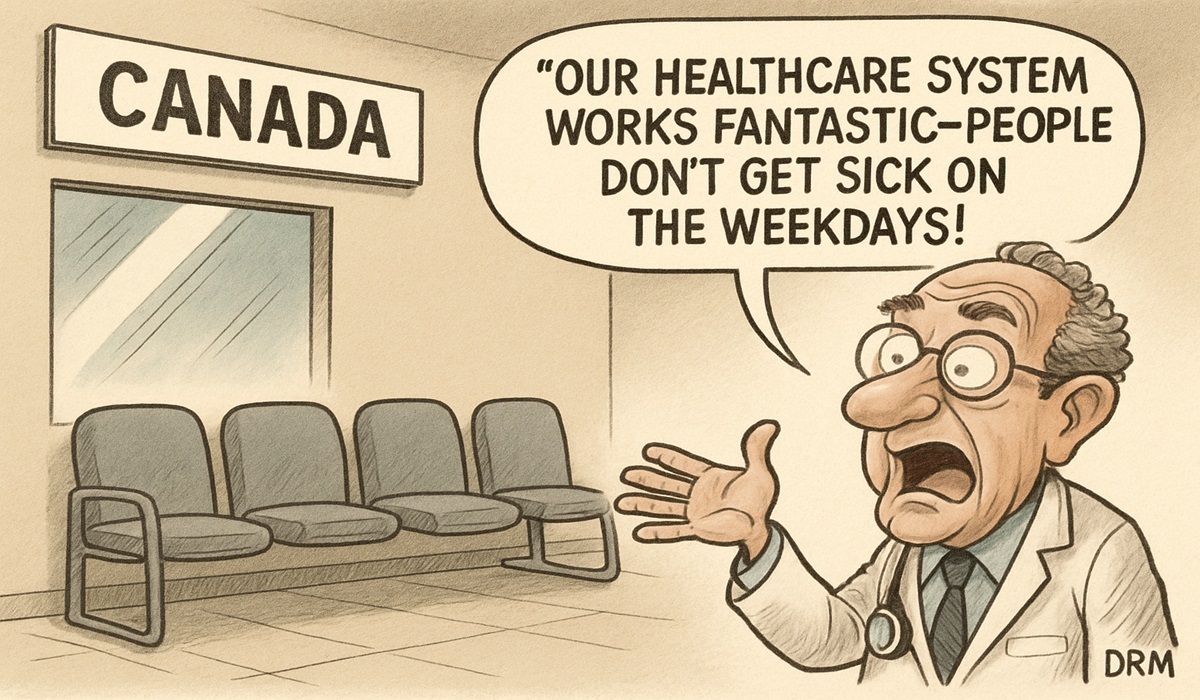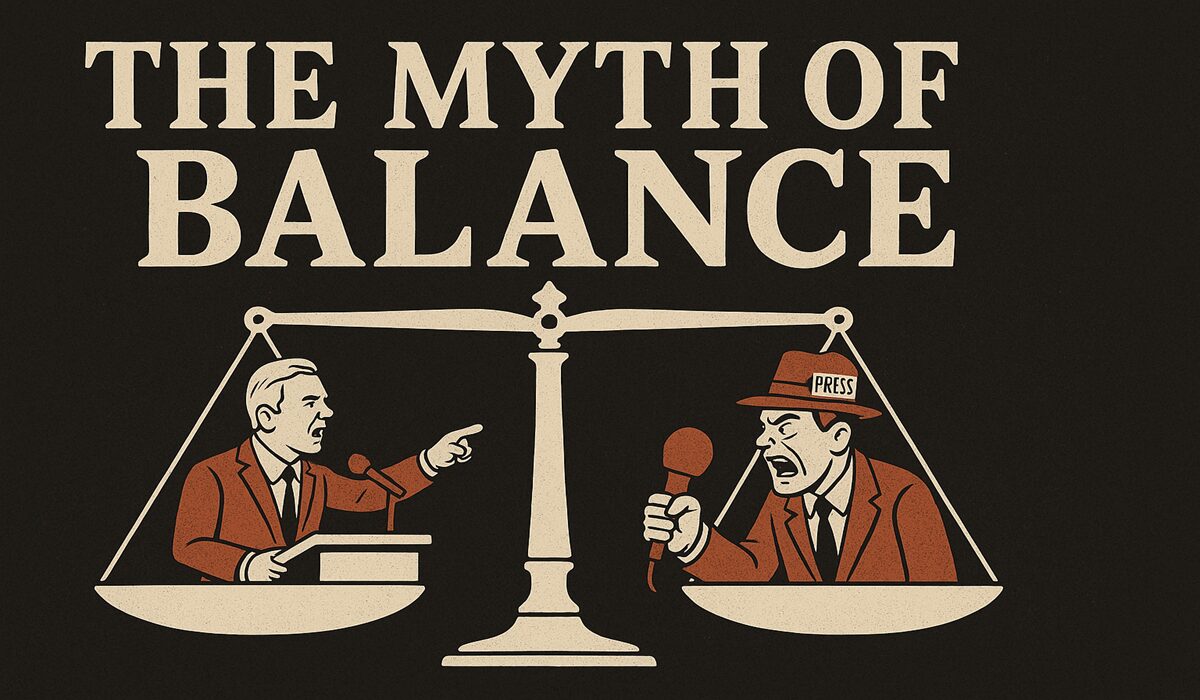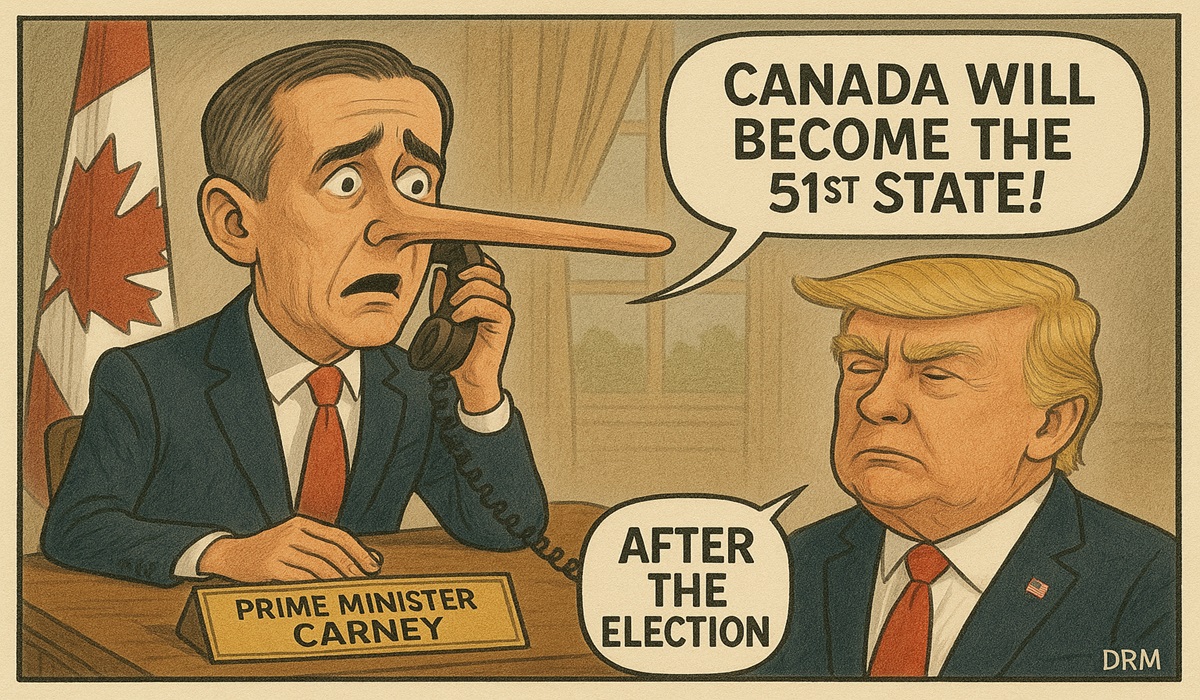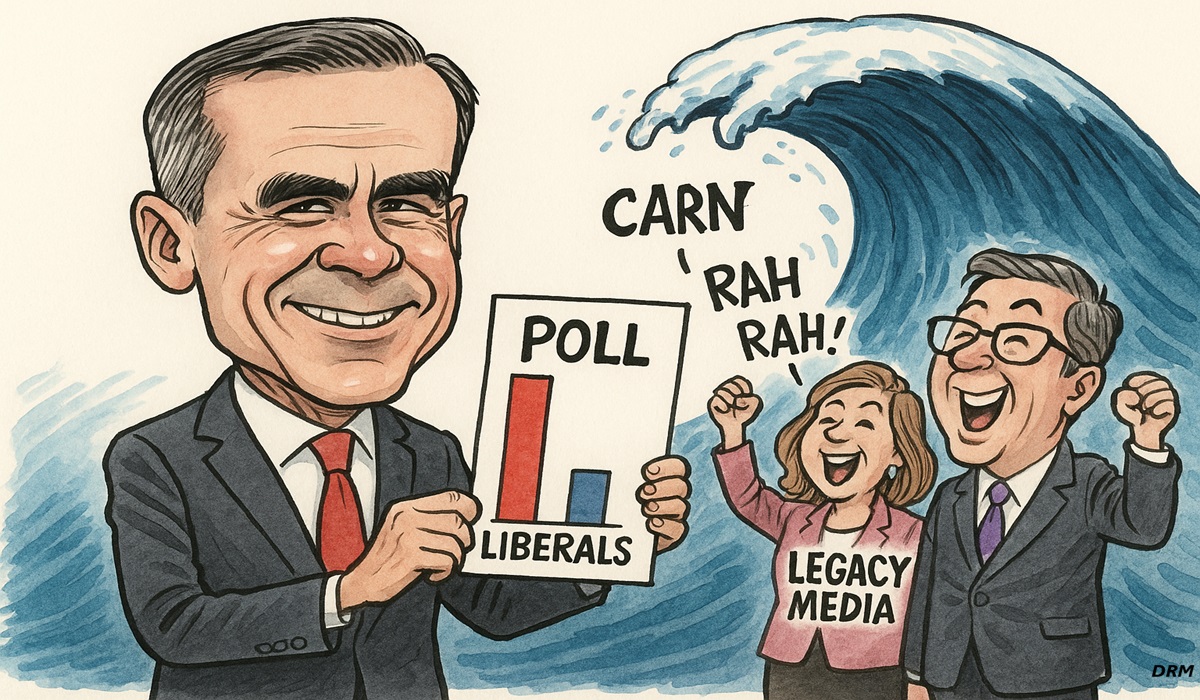The Impact of World Bank “Structural Adjustment Policies” on Developing Economies
- TDS News
- Business
- D.O.C Supplements - Trending News
- June 30, 2024

The World Bank, founded in 1944, has long been a key player in global economic development, particularly through its financial assistance to developing countries. However, its Structural Adjustment Policies (SAPs), introduced in the 1980s, have sparked significant controversy. While designed to stabilize and revitalize struggling economies, these policies often resulted in severe economic and social repercussions. Critics argue that SAPs have prioritized Western, particularly American, economic interests over the needs of the recipient countries, leading to widespread economic hardship and undermining sovereignty.
SAPs are economic policies imposed by the World Bank and the International Monetary Fund (IMF) as conditions for receiving loans. These policies typically include:
- Austerity Measures: Reduction of government spending to lower fiscal deficits.
- Trade Liberalization: Removing trade barriers to encourage free trade.
- Privatization: Selling state-owned enterprises to private investors.
- Deregulation: Reducing government intervention in the economy.
- Devaluation of Currency: Lowering the value of the country’s currency to boost exports.
While these measures aim to create a more market-oriented economy, they often lead to significant short-term pain, including increased unemployment, reduced social services, and economic instability.
Many countries that implemented SAPs faced severe economic and social consequences. For example, in the 1980s and 1990s, African nations such as Ghana, Nigeria, and Zambia experienced increased poverty, unemployment, and social unrest as a result of austerity measures and privatization. These policies often led to cuts in essential services like healthcare and education, disproportionately affecting the most vulnerable populations.
One of the most contentious aspects of SAPs is the perceived loss of national sovereignty. By imposing conditions on loans, the World Bank effectively dictates economic policy in recipient countries, often without regard to local contexts and needs. This imposition has been criticized as a form of economic imperialism, with Western, particularly American, interests taking precedence over the welfare of the borrowing nations.
The push for rapid economic liberalization and privatization under SAPs has often led to environmental degradation. For instance, the emphasis on exporting natural resources to repay debts has resulted in overexploitation and environmental damage. In countries like Brazil and Indonesia, SAPs have been linked to deforestation and loss of biodiversity, as governments prioritize short-term economic gains over long-term sustainability.
SAPs have also been associated with increasing inequality and social displacement. The privatization of state-owned enterprises often leads to job losses and reduced access to essential services. Moreover, the focus on export-oriented growth can marginalize small farmers and local businesses, exacerbating social inequalities. In Latin America, countries such as Argentina and Mexico saw significant increases in inequality and poverty during the 1990s, following the implementation of SAPs.
Ghana’s experience with SAPs in the 1980s and 1990s provides a stark example of the challenges and failures associated with these policies. Initially hailed as a success story, Ghana’s economy eventually suffered from the negative effects of austerity and privatization.
Austerity Measures and Social Impact: The reduction in government spending led to significant cuts in social services, particularly healthcare and education. As a result, many Ghanaians faced increased out-of-pocket expenses for basic services, pushing more people into poverty.
Privatization and Unemployment: The privatization of state-owned enterprises resulted in widespread job losses. Many workers were laid off, and the promised efficiency gains from privatization often failed to materialize, leading to higher prices and reduced access to essential goods and services.
Currency Devaluation and Inflation: The devaluation of the Ghanaian cedi, intended to boost exports, led to high inflation rates. The cost of living increased, eroding the purchasing power of ordinary citizens and further exacerbating economic hardship.
The Emergence of the BRICS Bank: A New Hope?
In response to the perceived failures of the World Bank and its SAPs, the BRICS nations (Brazil, Russia, India, China, and South Africa) have established the New Development Bank (NDB). The NDB aims to provide an alternative source of funding for developing countries, with a focus on infrastructure and sustainable development.
The NDB promises a different approach to development finance, emphasizing mutual benefit and respect for sovereignty. Unlike the World Bank, the NDB does not impose stringent policy conditions on its loans. This approach allows recipient countries to maintain greater control over their economic policies and development strategies.
One of the key priorities of the NDB is addressing infrastructure gaps in developing countries. By providing funding for projects such as roads, bridges, and energy infrastructure, the NDB aims to support long-term economic growth and development. This focus on infrastructure is seen as a more sustainable and effective way to promote development compared to the short-term, market-oriented policies of SAPs.
The NDB also emphasizes sustainable development, aiming to balance economic growth with environmental protection and social inclusion. This approach recognizes the importance of addressing the root causes of poverty and inequality, rather than merely promoting economic growth at any cost.
The experience of countries subjected to World Bank SAPs highlights the often devastating impact of these policies on developing economies. While intended to promote economic stability and growth, SAPs have frequently resulted in increased poverty, social unrest, and environmental degradation. The emergence of the BRICS Bank offers a potential alternative, promising a more balanced and equitable approach to development finance. However, the true test will be whether the NDB can deliver on its promises and provide a genuinely viable alternative to the World Bank’s model. As the global economic landscape continues to evolve, it is crucial to learn from past mistakes and strive for development policies that truly benefit all nations.








